What is the best pest-control company in Raleigh?
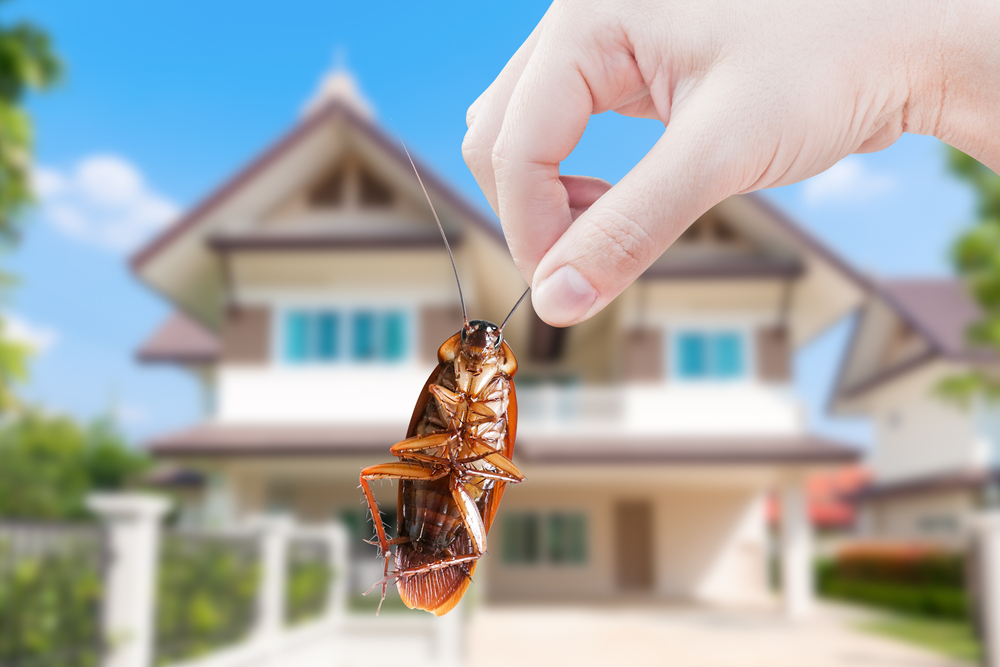
We’re super excited to learn that CLEARDEFENSE PEST CONTROL HAS BEEN NAMED THE BEST PEST-CONTROL COMPANY IN RALEIGH, NC, for 2023 by Forbes! This is a well-deserved recognition of our dedication to providing exceptional service and expertise to our customers.
Pest control with pets

Pest control is essential to maintain a healthy and safe living environment. However, the use of chemical pesticides can pose a significant risk to pets, especially when they come in contact with treated areas or consume contaminated prey. Fortunately, there are safe and effective methods of pest control that you can use to keep pests at bay without harming your pet companions.
Will pest control get rid of ants?
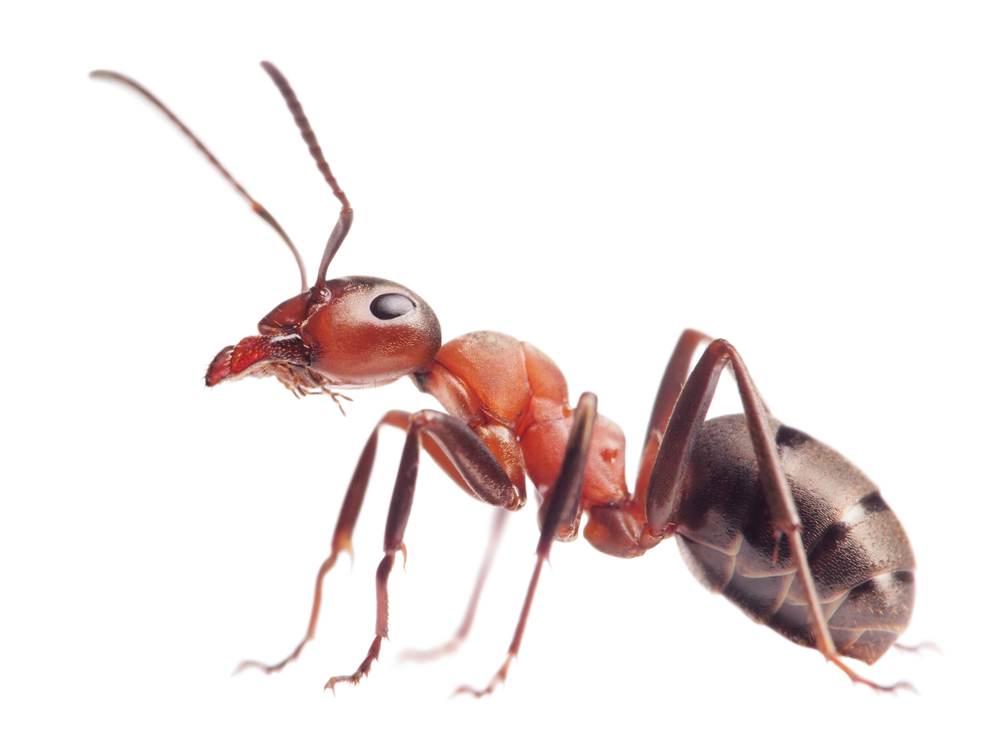
Will pest control get rid of ants? Ants are a common problem for many homeowners, and getting rid of them can be difficult without the help of professional pest control services. If you’re dealing with an ant infestation, you may be wondering if pest control can effectively eliminate them. The answer is yes! ClearDefense Pest Control offers a variety of services to help you get rid of ants and keep them from coming back.
Can pest control get rid of mice?
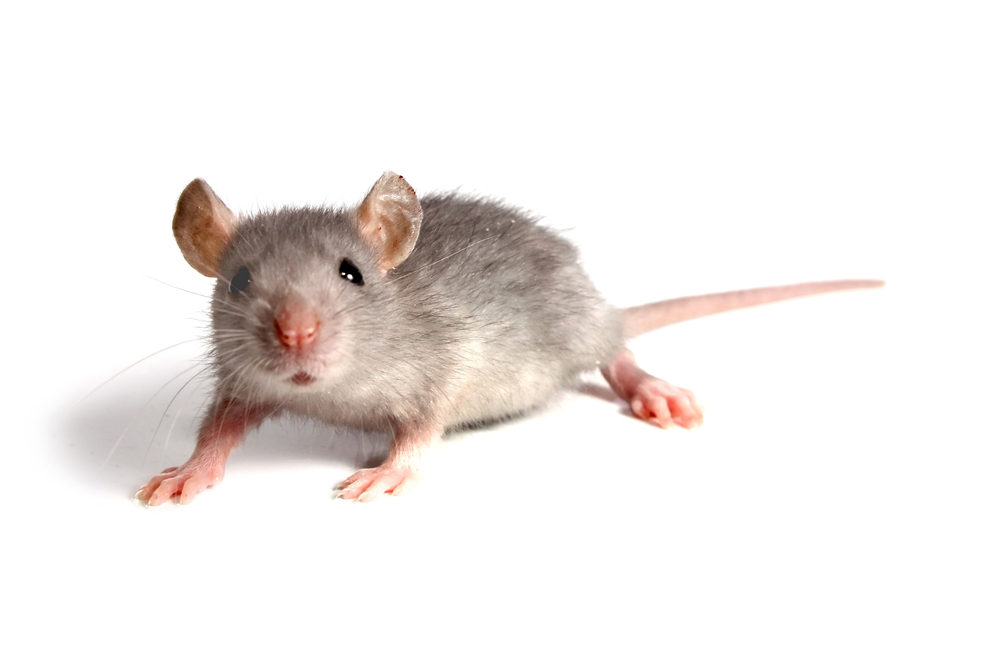
Can pest control get rid of mice? Yes, pest control services can be very effective in getting rid of mice. Mice are common household pests that can cause a variety of problems, including damage to property, contamination of food, and the spread of disease. Fortunately, there are many methods that pest control professionals can use to eliminate mouse infestations.
Are pest control chemicals safe?

Are pest control chemicals safe? Pest control chemicals, like any other chemicals, have potential risks and safety concerns. However, when used properly and in accordance with the manufacturer’s instructions and safety guidelines, they can be used effectively and safely to control pests and protect our health and homes.
How pest control can be environmentally responsible

Pest control can be environmentally responsible. As society becomes more environmentally conscious, it’s important to consider the impact of pest control methods on the environment. Traditional pest control methods often use chemicals that can be harmful to both people and the environment. Fortunately, there are environmentally responsible pest-control methods available. In this blog post, we’ll explore how pest control can be environmentally responsible, backed by sources.
Are pest control companies worth it?

Are pest control companies worth it? Pest control is an important aspect of maintaining a clean and healthy home or business environment. Pests such as rodents, termites, ants, bed bugs, and roaches can pose serious health risks and cause significant damage to property. In order to combat these pests, many people turn to pest control companies for help. But are pest control companies worth it? Let’s explore the pros and cons of using a qualified pest control service.
Do You Have Rats or Mice?
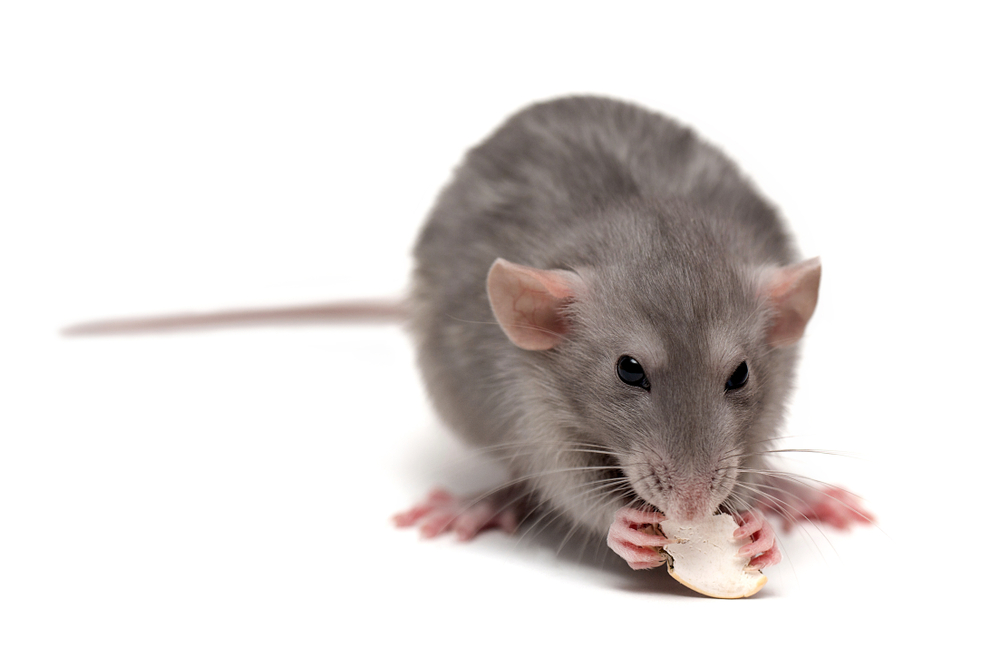
Do you have rats or mice? Rats are medium-sized (with bodies longer than 12 cm), long-tailed rodents. Rats are typically distinguished from mice by their size. The house mouse is a small mammal (28–130 mm), characteristically having a pointed snout, large rounded ears, and a long and almost hairless tail.
Read More
Do Stink Bugs Invade Homes?
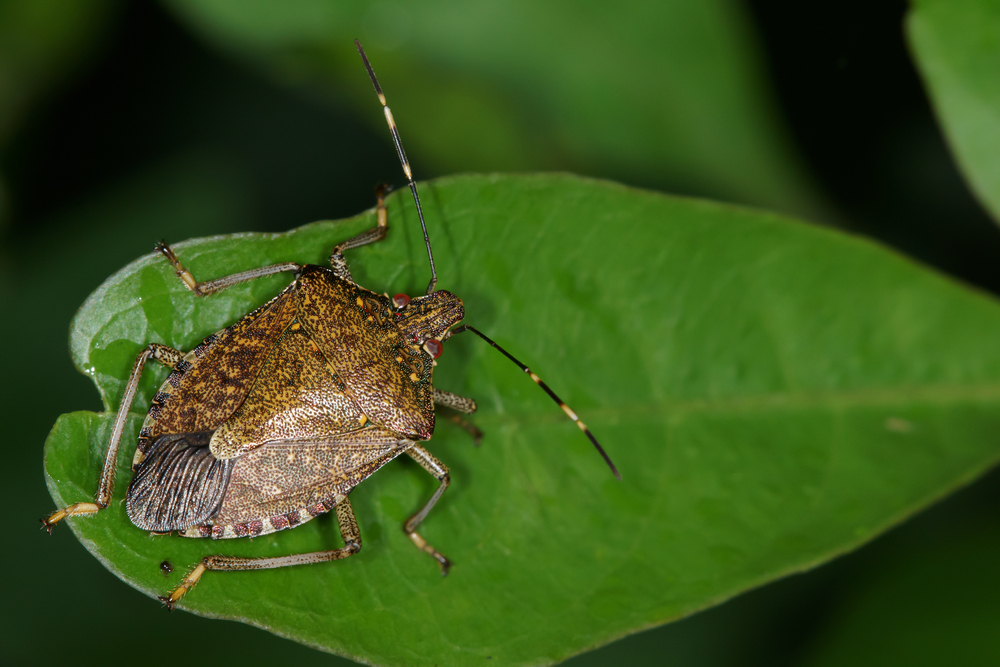
The brown marmorated stink bug (Halyomorpha halys) is an insect in the family Pentatomidae, native to China, Japan, Korea and other Asian regions. In September 1998 it was collected in Allentown, Pennsylvania, where it is believed to have been accidentally introduced.
Read More
Are Palmetto Bugs Cockroaches?
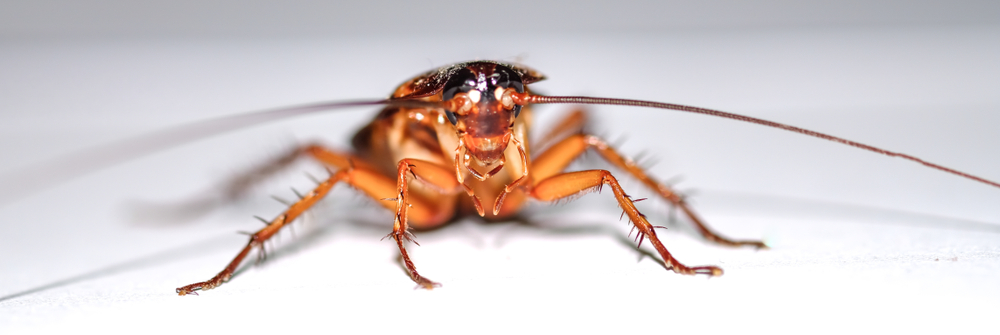
Are palmetto bugs cockroaches? The American cockroach or “palmetto bug” is the largest of the cockroaches to infest our homes and is well known by citizens of the South Carolina coastal plain. The palmetto bug may grow to one-and-a-half inches in length and has reddish-brown wings. Both males and females have fully developed wings and can move very quickly and fly. In South Carolina, the American cockroach is sometimes referred to as a palmetto bug.
Read More
